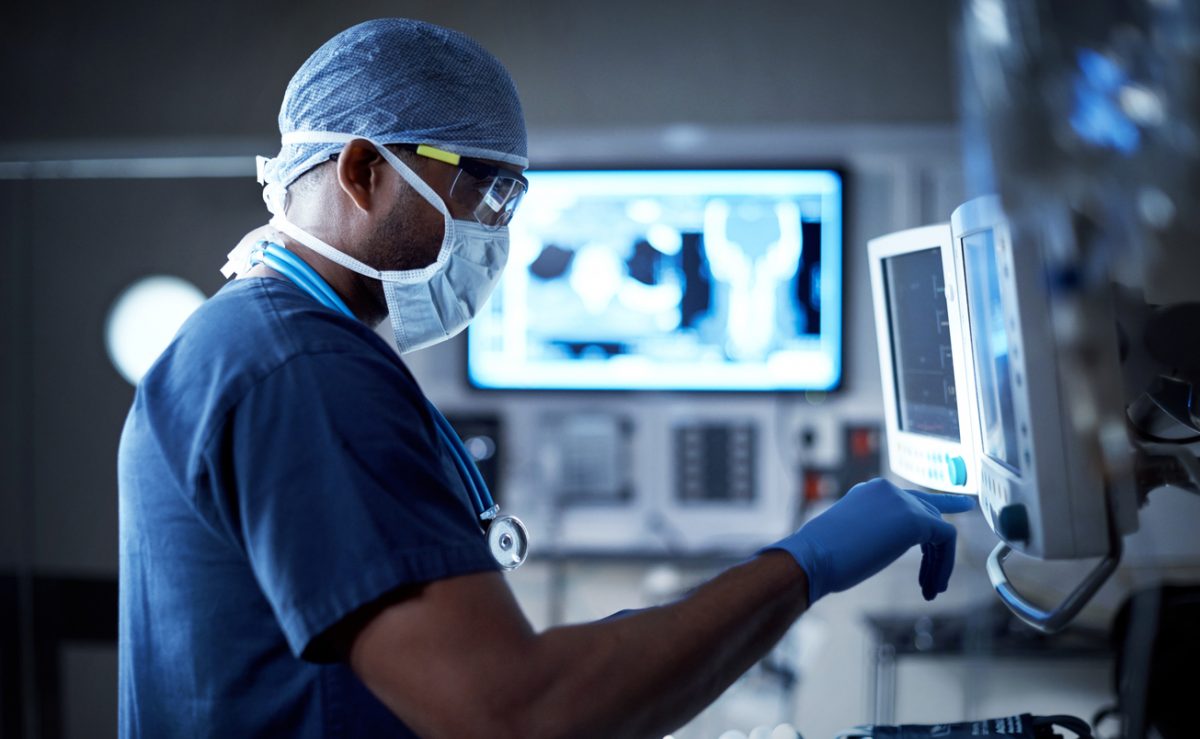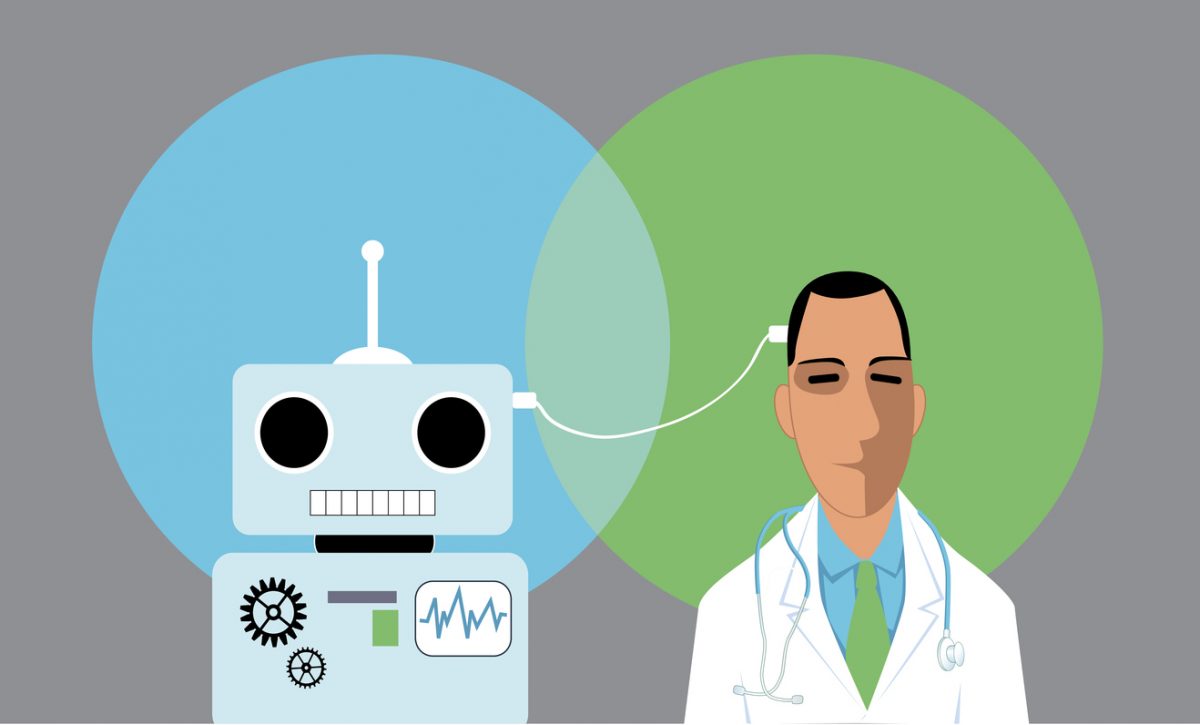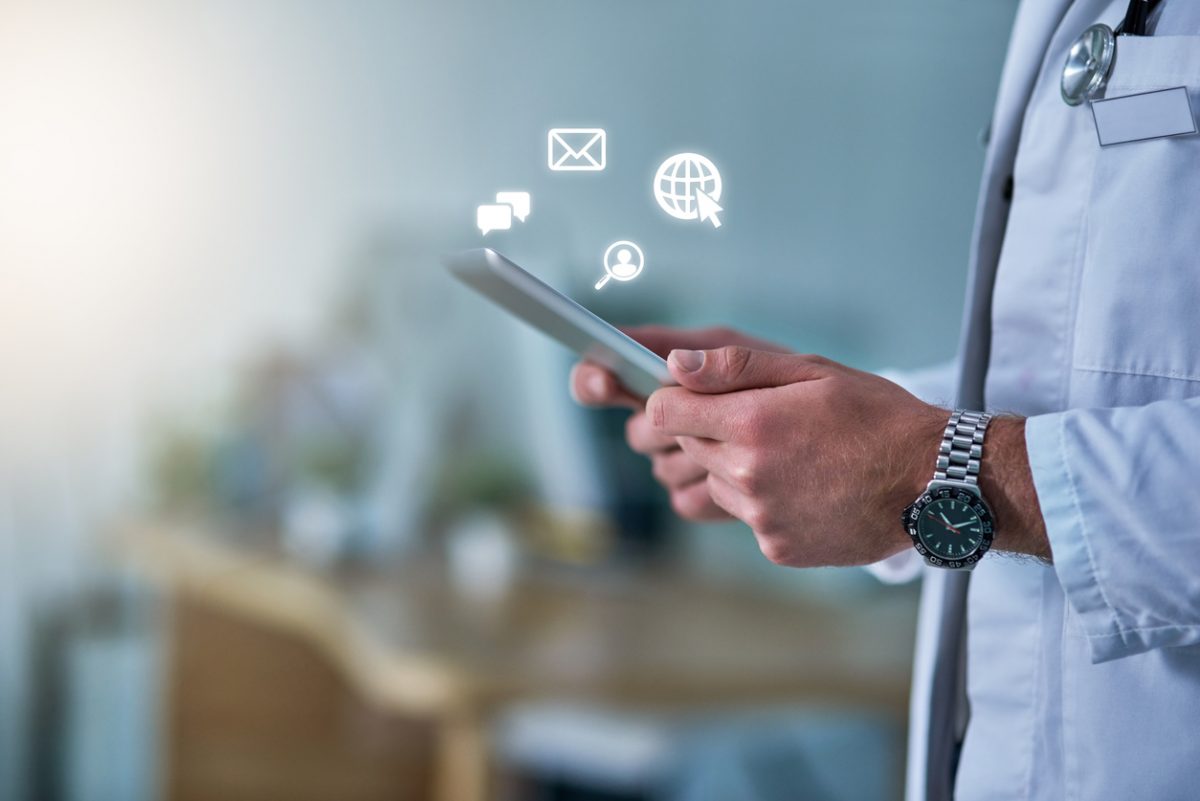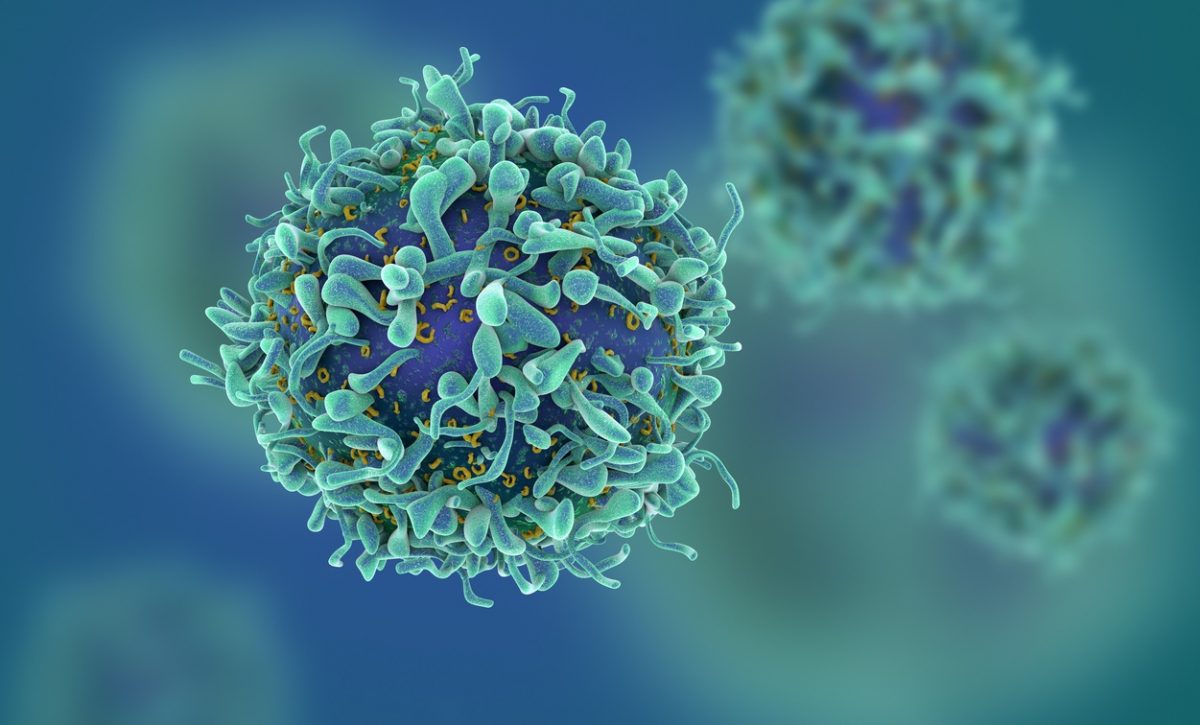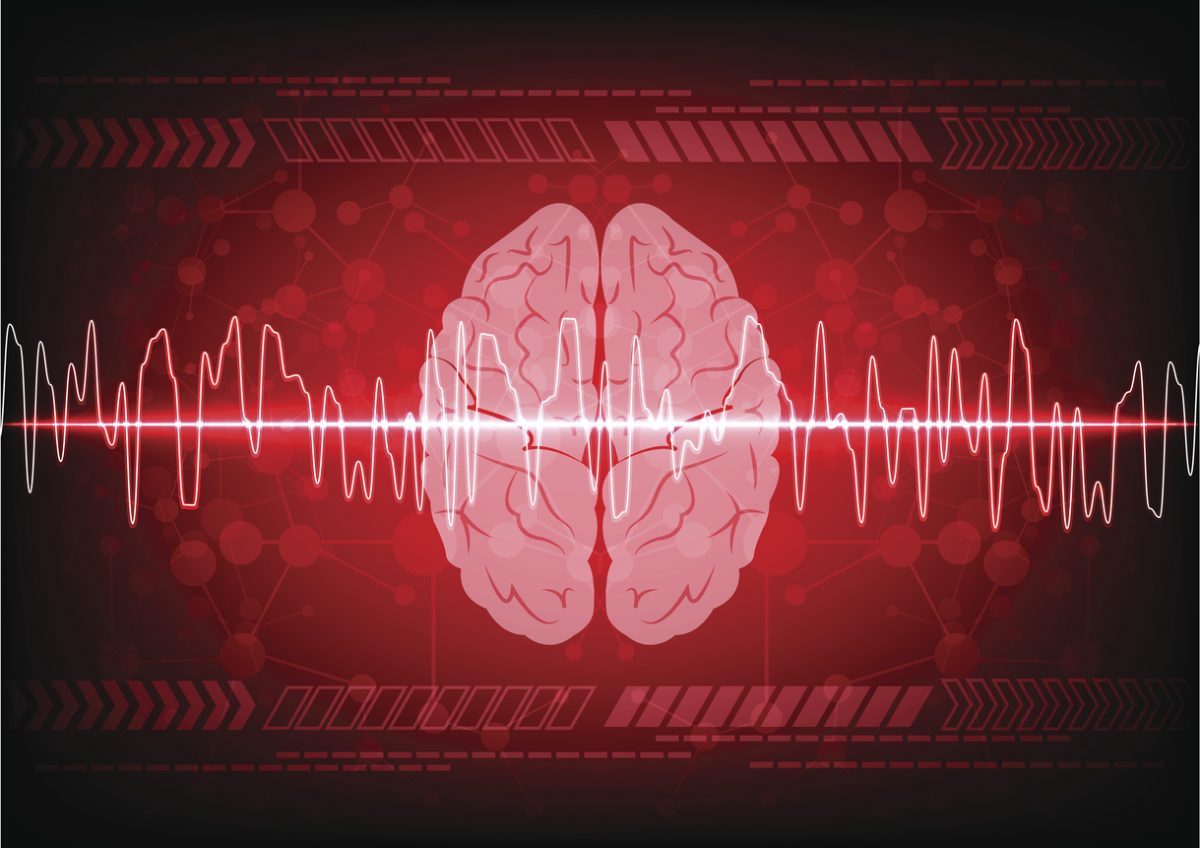Implementing innovation: How advanced analytics and AI are improving patient care
Across the globe, healthcare providers are facing the same three questions. How do we improve patient care? With growing populations, how can we help more people? And how can this be achieved with budgets that have been under pressure? Finding a solution to these questions is increasingly reliant on technology. As a result, the responsibility of addressing these issues is falling to the IT department within healthcare institutions. Once focused solely on ‘keeping the lights on', IT has...


